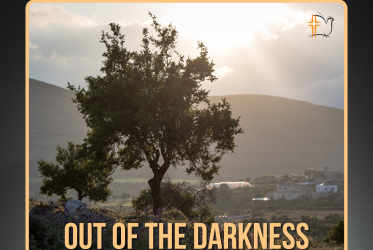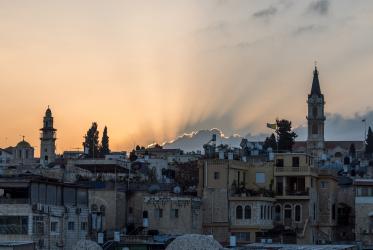Displaying 1 - 20 of 2409
WCC, WHO commemorate 50 years of collaboration
04 April 2024
Voice of churches vital during UN women’s rights talks
28 March 2024
Compêndio De Práticas Promissoras de intervenções de comunidades religiosas africanas contra o HIV em crianças e adolescentes
Sumário Executivo
23 March 2024
Compendium of Promising Practices of African Faith Community Interventions against Paediatric and Adolescent HIV
Executive Summary
23 March 2024











